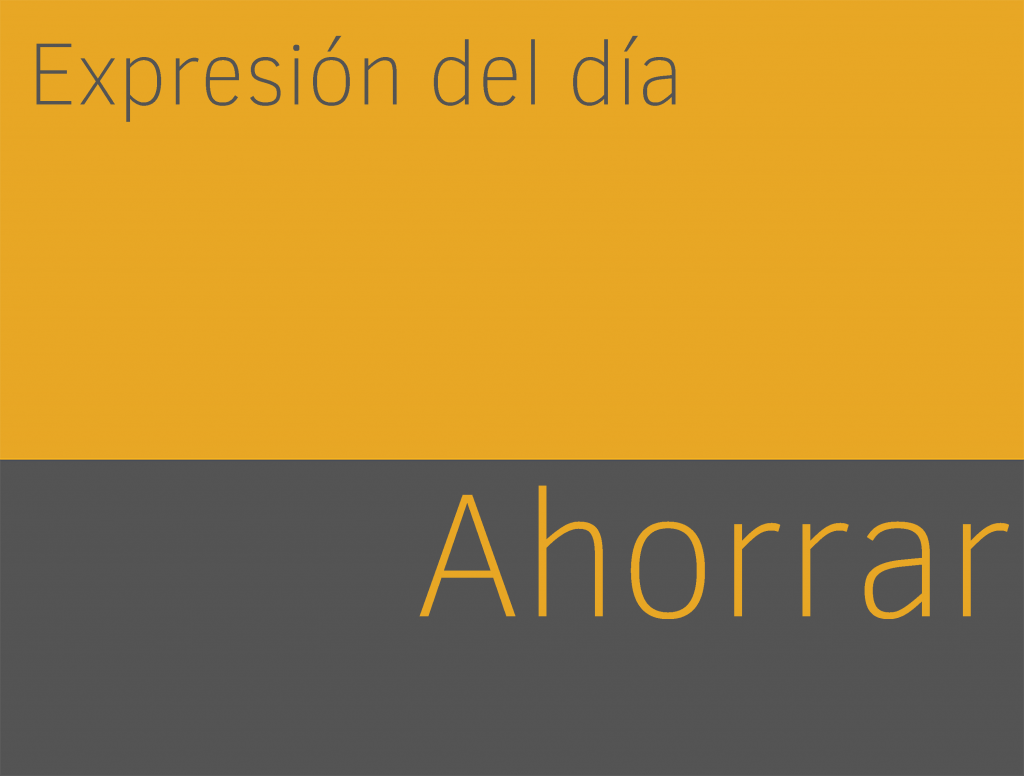
¡Muy buenas!
¿Estás muy ahorrativo? ¿Quieres que tu pareja o tus amigos ahorren un poco más de lo que lo hacen ahora? Te traemos unas expresiones de ahorrar que te ayudarán en esa empresa. Es muy importante para la mejora en la comunicación en inglés, que aprendamos dichos, frases y expresiones propias que utilizan los hablantes nativos de inglés. Eso nos hará progresar mucho más, aparte de aprender nuevo vocabulario e historia de su expresión, ya que también vemos en algunas expresiones el porqué esa expresión es así. ¡Disfruta!
look after the pennies and the pounds will look after themselves
A quien cuida la peseta nunca le falta un duro
Descripción
Refrán que pretende inculcar el sentido del ahorro entre los jóvenes, de ahí lo de los peniques.
Ejemplo:
-What’s the best advice you could give someone about looking after their money, Minister?
-My father used to say to me: Look after the pennies, and the pounds will look after themselves. I can’t improve on that.
to save (something) for a rainy day
Ahorrar por si llegan vacas flacas
Descripción
Existe un refrán muy castizo que expresa esta misma idea: ‘Guarda pan para mayo y leña para abril, que no sabes el tiempo que ha de venir’.
Ejemplo:
When my grandfather died and left us some money, my brother bought a new car, my sister went on a cruise in the South Pacific, and I decided not to touch it and save it for a rainy day. You never know.
to squirrel (money/something) away
Tener un dinerillo bajo el colchón
Descripción
Las ardillas (squirrels) tienen fama de saber guardar alimentos durante el verano para poder sobrevivir el largo invierno, como las ahorradoras hormigas españolas. Así pues, to squirrel away constituye un homenaje (no exento de humor) a estos entrañables y peludos animales.
Ejemplo:
-A lot of people I know are worried about their retirement, about having enough money to live on.
-Not you though?
-Well, me too, in fact. I have a bit squirrelled away of course, but I don’t know if it’ll be enough to live on.
waste not / want not
El que guarda siempre tiene
Descripción
Este proverbio, que existe en inglés desde el siglo XVIII, se usa sobre todo en tiempos de escasez. Want aquí significa tanto “faltar” como “desear”.
Ejemplo:
Don’t throw away the water that you’ve used to boil the vegetables in; use it to make soup. Waste not, want not.